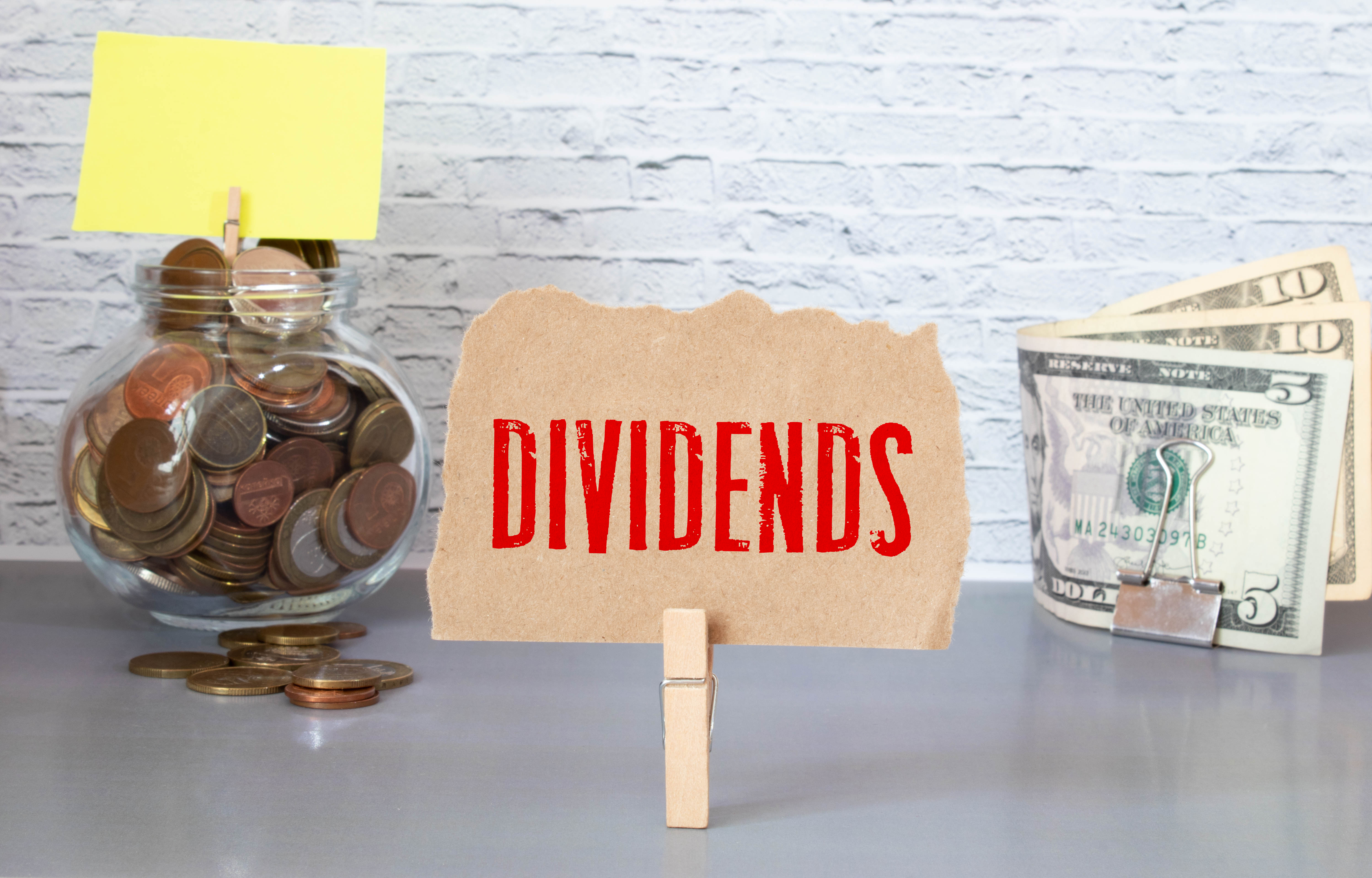Palantir: A Curious Case of Numbers

Palantir, you see, has become rather popular with this newfangled “Artificial Intelligence” craze. It’s like giving a particularly bright raven a toolbox – suddenly, everyone wants to know what it can build. Over the last three years, the share price has zoomed upwards, a dizzying climb that would make even a seasoned mountaineer feel queasy. They’ve concocted a rather clever platform, a sort of digital sorting hat, that takes mountains of messy data and turns it into something useful. It’s a bit like alchemy, really, turning base metals into gold, except with numbers instead of lead.








